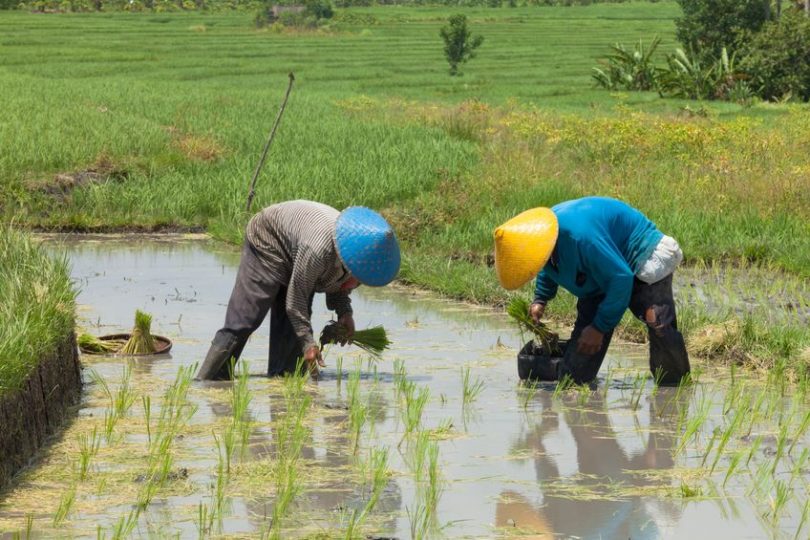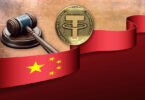The Wuchang Municipal Government has announced a partnership with Alibaba subsidiaries Tmall, Rookie and Ant Financial Group to help track and authenticate Wuchang rice.
The subsidiaries will offer a blockchain-as-a-service application that is open to consumers and supply chain players.
Every bag will have a unique identity code which stakeholders can scan to find out the rice’s origins and what seeds and fertilizers are used.
This should assuage the concerns of the quality inspection department of Wuchang City that lower quality rice is either being blended with Wuchang rice or outright sold under the Wuchang brand.
The authorities also hope that blockchain can speed up the quality inspection and shipping process. In practice, this would cut the long-distance distribution delivery time from 3-7 days to less than two.
Tech Huanqiu reports that the process will run using the Ant blockchain.
Other food traceability blockchains
In Cambodia, Oxfam recently launched an organic rice traceability initiative to empower farmers. In the UK, the Food Standards Agency started to use blockchain to trace cattle at the slaughterhouse. This is primarily to trace potential contamination issues with plans for further traceability.
TE-FOOD is involved in a Vietnamese pig tracking initiative as well as the Wyoming cattle rancher blockchain.
The highest profile initiative is the IBM Food Trust program with Walmart. French retailer Carrefour launched a traceability project for its premium farm products. And Subway and Tyson are testing FoodLogiQ’s blockchain traceability project.






